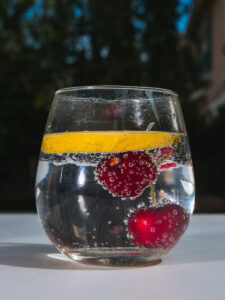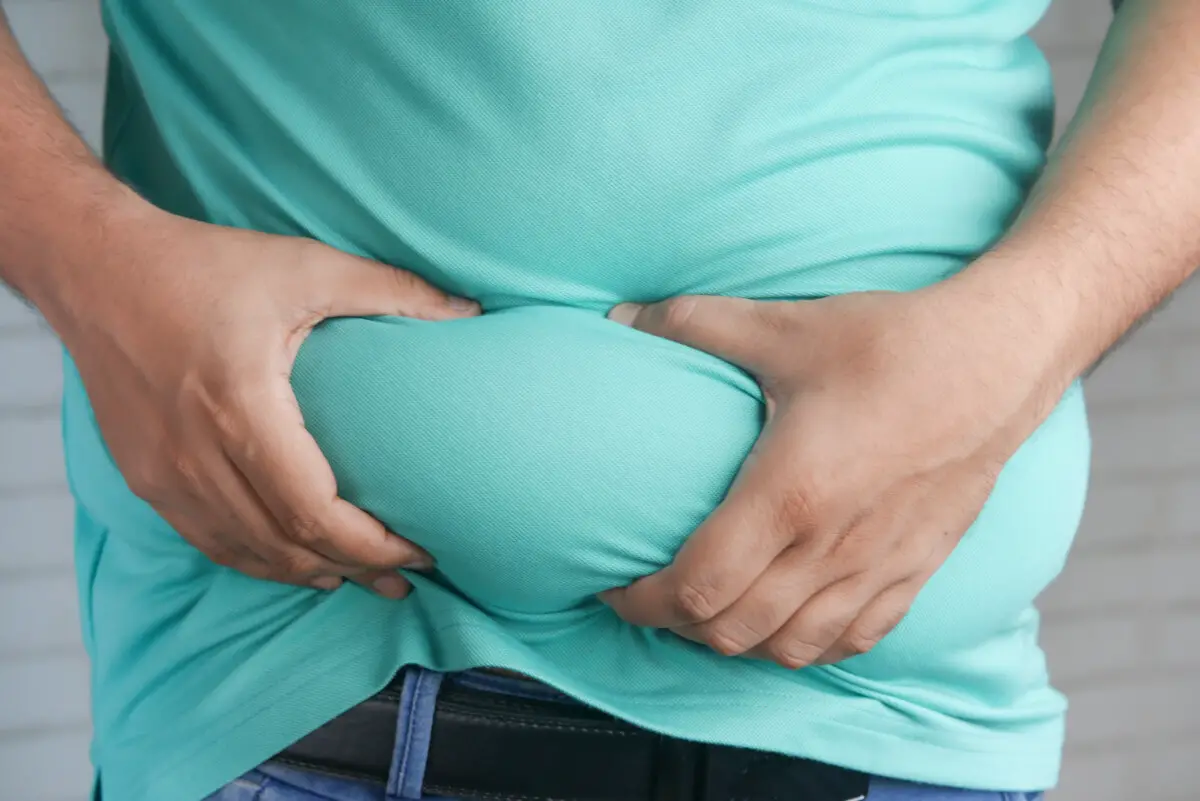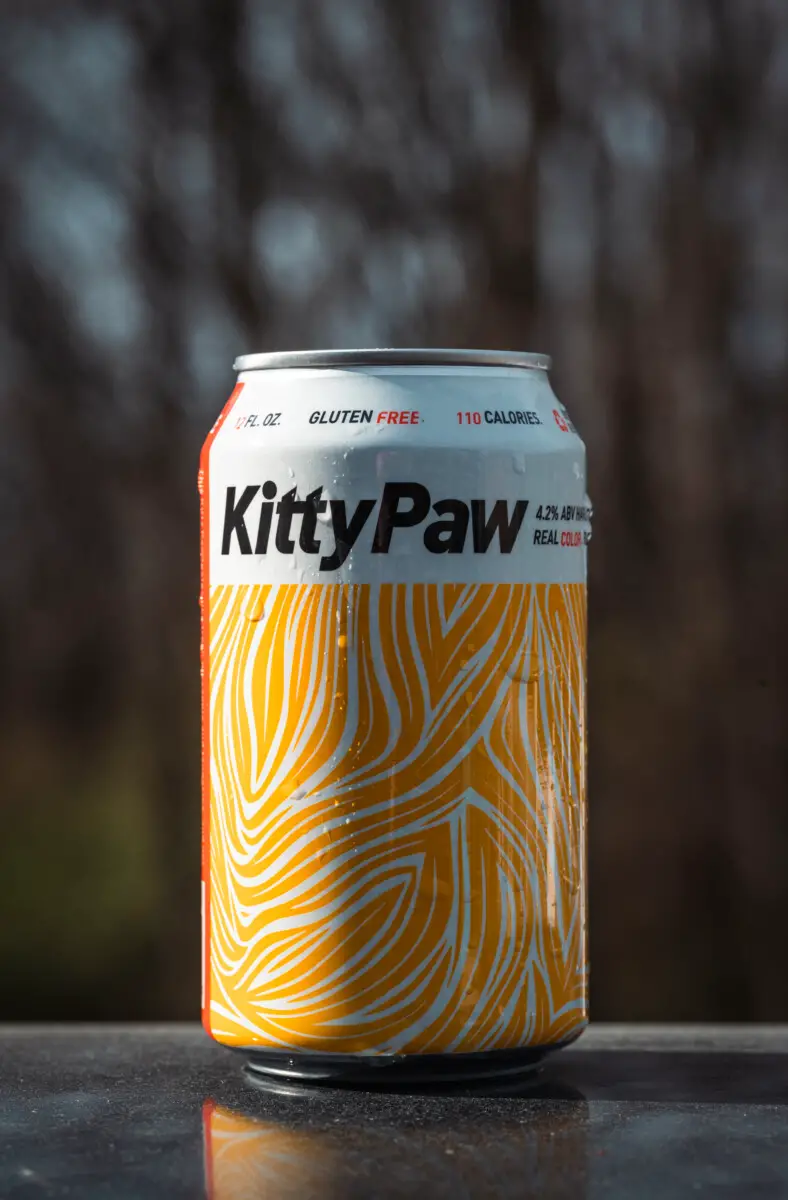Amazon Affiliate Disclaimer
As an affiliate, we earn from qualifying purchases. We get commissions for purchases made through links in this post.
Is Carbonated Water Bad For You?
You may be concerned about the ingredients in caffeinated and energy drinks but find yourself craving one anyway. Carbonated water is deemed a healthy alternative to sugary soft drinks.
Concerns have been raised, however, regarding the possible adverse effects on one’s health. Drinking “guilt-free” carbonated water may seem harmless, but can it pose health risks?
This article provides valuable information about the state of drinking carbonated water and how it may affect your health.
- Is Carbonated Water Bad For You?
- The Meaning Of "Carbonated Water"
- Are Carbonated Drinks Unhealthy?
- Can Carbonated Water Cause Tooth Decay?
- Can Drinking Carbonated Water Bring On Irritable Bowel Syndrome?
- Does Drinking Carbonated Water Deplete Bone Calcium?
- Can Drinking Carbonated Water Lead To Weight Gain?
- Advice On Maintaining Good Health
- FAQ
- Conclusion
The Meaning Of “Carbonated Water”
Carbonated water is formed after it has been pressurized and carbon dioxide gas has been infused into it. This results in fizzy beverages known as club soda, sparkling water, seltzer water, soda water, and fizzy water.
Most carbonated waters, except seltzer water, have various additives for flavor. Infrequently, other minerals may be present in trace amounts.
Mineral spring waters are typically rich in minerals and sulfur compounds due to their source. Often, they also have carbonation. Carbonated tonic water generally is sweetened with sugar or high-fructose corn syrup and contains the bitter compound quinine.
Are Carbonated Drinks Unhealthy?
Possibly you’ve heard some of the complaints that have been made about carbonated drinks. Effects such as bone resorption are possible. Another possible negative side effect is the erosion of the tooth enamel.
Also, it could make your stomach feel funny. These concerns have been prompted by the findings of prior studies into the risks posed by most carbonated drinks. These drinks contain chemicals, as well as artificial and natural sugars.
There is evidence that drinking carbonated soft drinks can decrease bone mineral density. Evidence from studies suggests that substituting soft drinks for calcium-rich foods like milk may have a negative impact on bone health.
Another study found that the acidity of many sodas, not the carbonation itself, causes tooth erosion. However, flavored sparkling water may accelerate tooth decay. Flavoring additives make water much more acidic, which breaks down tooth enamel.
Can Carbonated Water Cause Tooth Decay?
The answer is no unless citric acid or sugar has been added to the carbonated water. However, these effects are greatly magnified when one considers soda and other carbonated beverages to which ingredients have been added.
According to a case report published in 2009 by Trusted Source, the acids and sugars contained in flavored carbonated water have the potential to be acidogenic and cariogenic, and they can also cause erosion of the enamel.
Carbonation entails nothing more complicated than introducing carbon dioxide gas under pressure into the water; no acids, sugars, or salt are involved in the process. The risk of tooth decay is increased when these additives are present.
Carbon dioxide gas dissolved in carbonated water as carbonic acid is not as acidic as commonly believed and does not cause tooth decay. Two studies, one from 1999 and one from 2012, counter this, finding that elevated carbon dioxide levels have no adverse effect on tooth enamel.
Can Drinking Carbonated Water Bring On Irritable Bowel Syndrome?
People with irritable bowel syndrome (IBS) are frequently advised to avoid carbonated drinks such as cola and lemonade.
However, studies have not linked drinking sparkling carbonated water to increased IBS symptoms like diarrhea, constipation, or stomach cramps. Another worry for people with IBS is that certain foods and drinks can worsen their symptoms.
Carbonated water has the same hydrating effects as regular still water and may reduce rather than exacerbate IBS symptoms. Carbonated water won’t cause irritable bowel syndrome, but it might trigger symptoms in people who already have it due to the gas and bloating it can cause.
If you have stomach problems and notice increased symptoms after drinking carbonated water, you may want to cut it out of your diet.
Does Drinking Carbonated Water Deplete Bone Calcium?
Reduced bone mineral density has been linked to soda consumption, especially cola. But the carbonation itself isn’t the cause of the problem. Researchers gave one group of women one liter per day of still water and another one liter per day of carbonated water. Both groups drank the water daily. Bone turnover markers were not different between groups after eight weeks of treatment.
Can Drinking Carbonated Water Lead To Weight Gain?
Though it’s clear that sugary drinks like soda, juice and sweet tea aren’t good for you, a study conducted in 2017 found that plain carbonated water increases a hunger hormone called ghrelin in men.
An increase in ghrelin levels is associated with an increase in hunger and, consequently, an increase in food intake, which can lead to excess weight gain. However, more studies on a larger scale and in women are required to confirm these findings.
Not all carbonated water is the same, so that’s something to keep in mind. While plain carbonated water only requires the addition of carbon dioxide, some bottled seltzers and flavor enhancers also include salt, various acids (both natural and artificial), flavors, and sweeteners.
There is a possibility that all of these have added sodium and hidden calories. In addition, studies show that these additives can cause cavities and weight gain over time, so it’s essential to read labels.
Advice On Maintaining Good Health
To keep your teeth and body in good shape, you should always check the ingredient list and avoid harmful ingredients like salt and sugar. Always note that:
- The sodium content of club soda is higher than that of seltzer water.
- Citric acid, natural sweeteners, and sodium might be added to flavored sparkling water.
- A combination of additives has to be present in the ingredient list to enhance the flavor of carbonated water.
FAQ
Conclusion
Nutrition experts agree that carbonated water provides the same hydration level as plain water. Still, they point out that tap water also contains fluoride, which can reduce the risk of cavities. It’s important to remember that carbonated water tastes more acidic in our mouths than regular water. Carbonated water without added sugar is much less likely to wear down tooth enamel than soda or fruit juice, which both have a lower pH.
Read also:
- Embracing the Essence: Discovering Natural Mineral Water Sources

- Nourishing the Soul: Mineral Water for Enhanced Digestive Wellness

- Sparkling Mineral Water: Effervescence for the Soul

- Revitalize Your Day: 7 Tips for a Refreshing Hydration Experience with Mineral Water

- Mineral Water Benefits: Exploring the Health Benefits of Drinking Mineral Water

- How to Choose the Healthy Drinks with Mineral Water: Refreshing and Nourishing Options

Please be careful and use at your own risk
None of the authors, contributors, administrators, or anyone else connected with Water Exotic, in any way whatsoever, can be responsible for your use of the information contained in or linked from these web pages.











